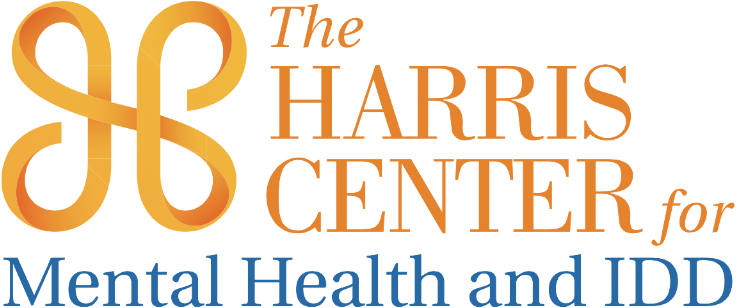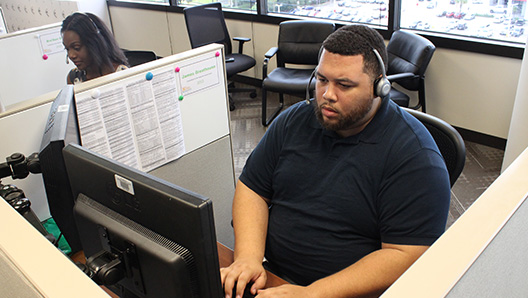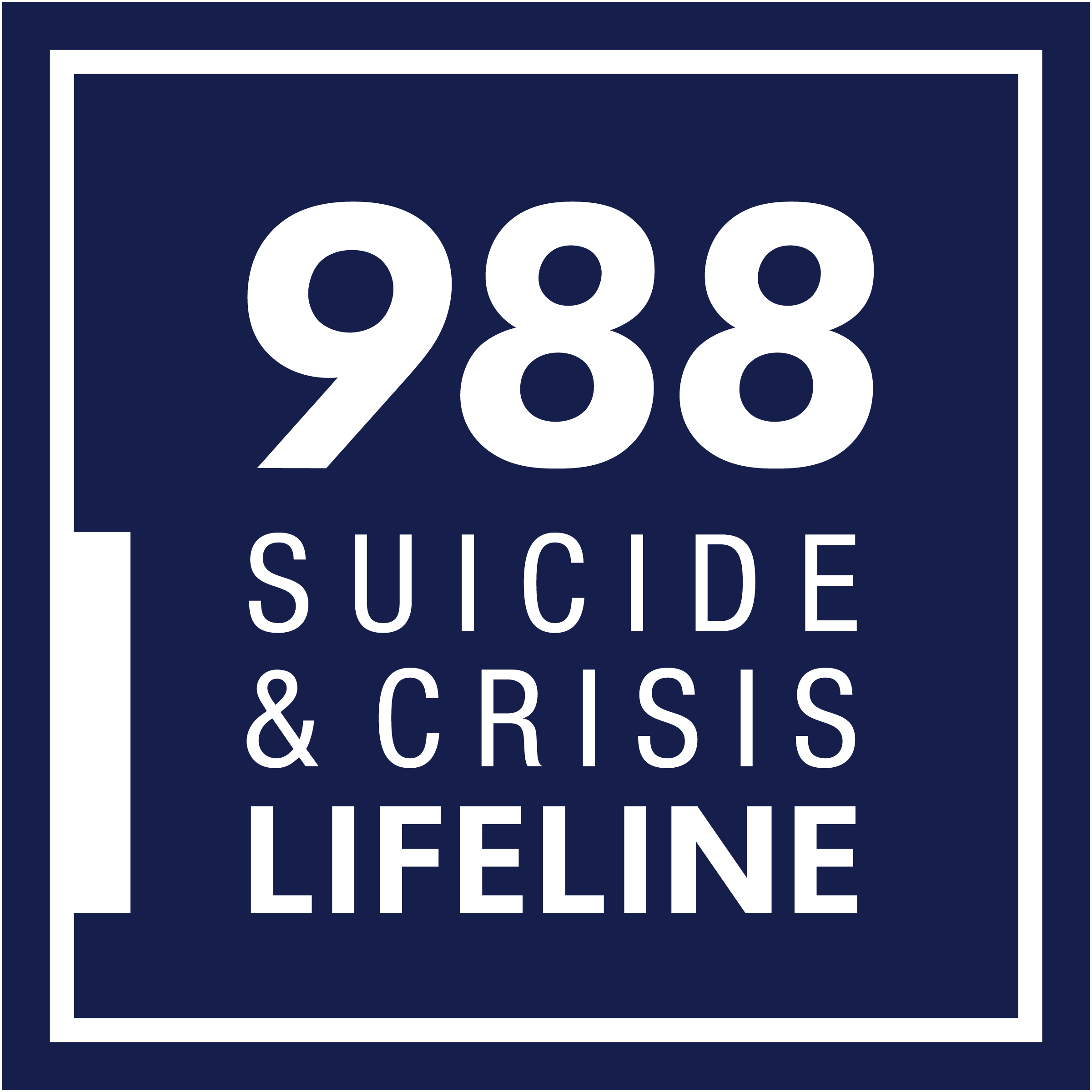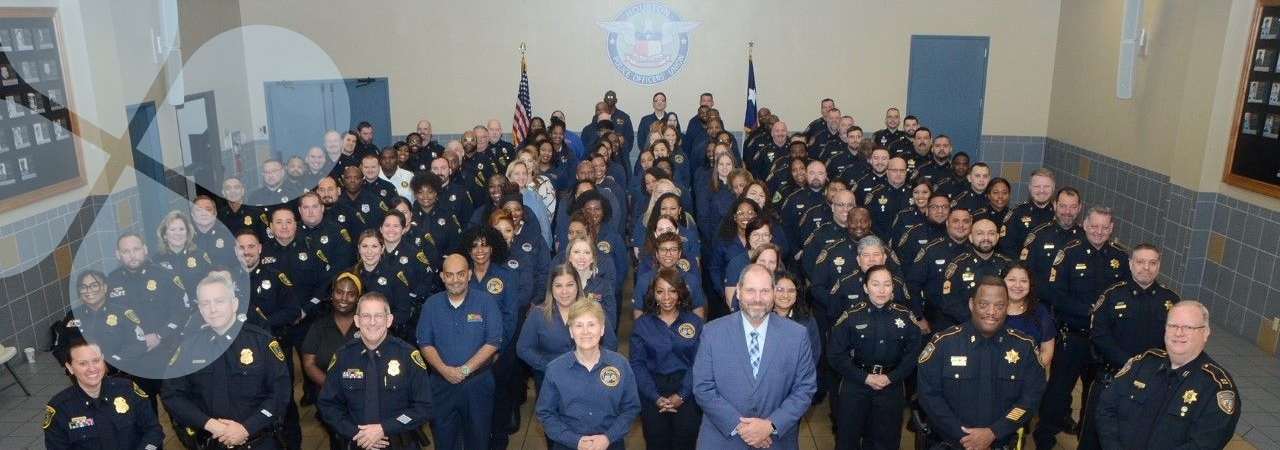
What Makes Us Different
Our teams of highly trained behavioral health professionals work in a variety of clinical and community settings with individuals who are experiencing a behavioral health crisis. By providing accessible, prompt, high-quality assessments, and effective stabilization and treatment, we ensure de-escalation of the current crisis to restore functioning in the least restrictive environment.
For questions about our services, scheduling appointments, and more, contact
The Harris Center Patient Access Line.
713-970-7000
Our Services

The Behavioral Health Response Team (BHRT) provides intensive Care Coordination services for individuals at risk of losing their housing due to a behavioral health need, that have been placed in housing with community program funds. Referrals are provided by Coalition for the Homeless and other housing partners.
Services:
- Ongoing, intensive care coordination services
- Linkage to housing resources
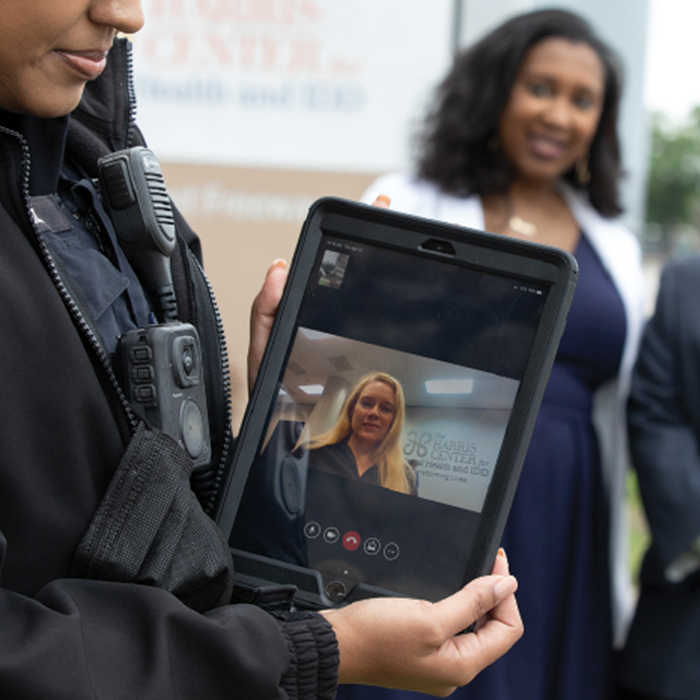
The Clinician Office Remote Evaluation (CORE) is a specialized program that connects law enforcement officers with licensed Master level CORE clinician from The Harris Center via a tablet that allows for video chat to complete a mental health crisis assessment with an individual in need. This collaboration includes members of the Harris County Sheriff’s Office (HCSO), Harris County Constables, Harris County Fire Marshals, Baytown Police, LaPorte Police, Pasadena Police, and the Houston Police Department (HPD).
Services:
- Comprehensive psychosocial assessment
- Linkage to mental health treatment, resources, and hospital beds in the community
- Client and family education
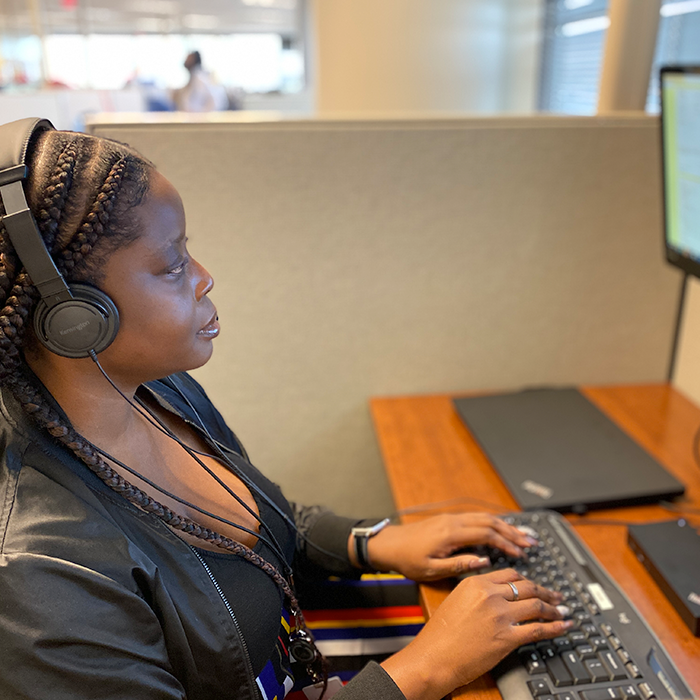
Crisis phone counselors located at 911 Dispatch are available for 911 callers of all ages requesting assistance due to behavioral health concerns. Counselors conduct a mental health risk assessment to determine if the call requires emergency law enforcement/medical response, or if the call is appropriate for diversion by providing referral resources over the phone or through MCOT RR.
The Crisis Call Diversion program is a collaboration between the City of Houston, the Houston Police Department, and the Houston Fire Department. CCD accepts referrals internally from 911 Call Takers, HPD Dispatchers, HFD Call Takers, and from Houston 911’s Computer Aided Dispatch System only. There is no public number to reach the 911 Crisis Call Diversion program directly.
Services:
- Mental health risk assessment
- Safety planning and immediate de-escalation
- Linkage to ongoing mental health and basic needs resources
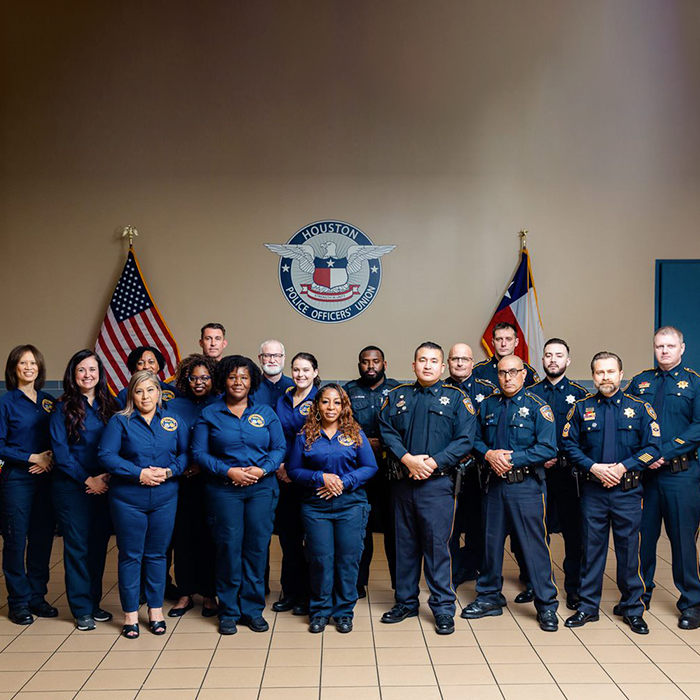
The Crisis Intervention Response Team (CIRT) is a specialized program which partners a licensed master’s level behavioral health clinician with a law enforcement partner who ride together and respond to behavioral health crisis calls in the community. This collaboration includes members of the Houston Police Department (HPD) and Harris County Sheriff’s Office (HCSO) who are trained in mental health crisis intervention.
Services:
- Comprehensive psychosocial assessment
- Linkage to mental health treatment resources
- Assists with patient welfare checks and clinic transports to the NeuroPsychiatric Center
- Client and family education
The Crisis Stabilization Unit (CSU) at the NeuroPsychiatric Center provides inpatient stabilization for Harris County residents (ages 18+) who are experiencing an acute behavioral health crisis. This is a voluntary program that requires a referral by a doctor. Psychiatrists and Registered Nurses provide supervision of the unit, which is also staffed by Licensed Vocational Nurses, Social Services, Peer Navigators, and Psychiatric Technicians. The CSU is available 24 hours/day, 365 days/year. The average stay in the CSU is approximately 3-5 days. The CSU is fully accredited by the Commission of Accreditation of Rehabilitation Facilities (CARF).
Services:
- Psychiatric stabilization
- Intensive psychiatric emergency observation
- Psychiatric treatment
- Linkage to community resources
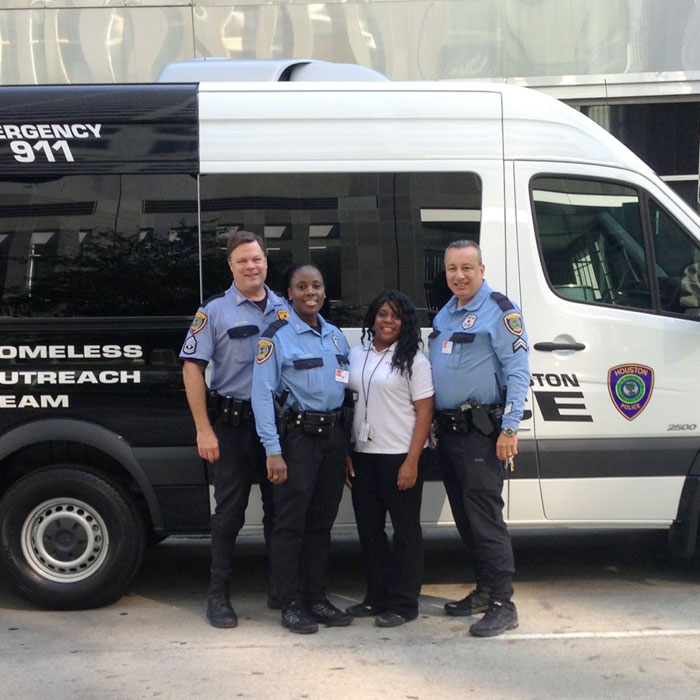
The Homeless Outreach Team (HOT) is a specialized team of Houston Police Officers and Mental Health Care Coordinators who engage in street outreach to the homeless community to provide outreach services and case management to individuals who are homeless and experiencing a serious behavioral illness. The goal of the team is to improve the quality of life for all Houstonians by combining police and community resources to reduce the number of people who are homeless and living on the streets.
The HOT Team collaborates with Houston Police Department's Mental Health Division to serve individuals of all ages. Referrals may come from the client, family, friend, law enforcement, business, or agency.
Services:
- Provides information and referrals for housing (i.e., shelters, personal care homes, sober living facilities, etc.) and social services
- Care coordination services to link individuals to substance use treatment, behavioral health treatment, and primary healthcare
- Facilitates admission to a more restrictive level of care when indicated
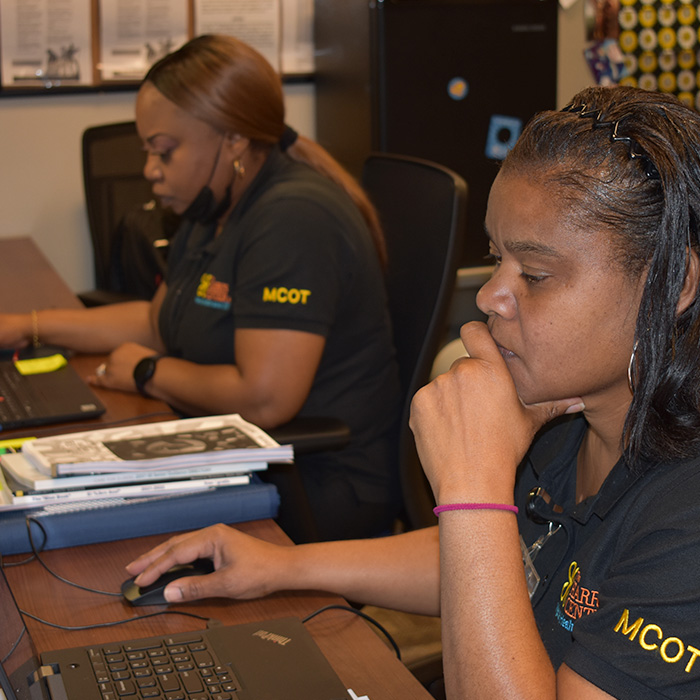
The Mobile Crisis Outreach Team (MCOT) provides mobile crisis response services to individuals of all ages who are experiencing a mental health crisis and are unable/unwilling to access services independently. All crisis continuum services are person-centered, family-focused, intensive, and time-limited. MCOT uses the most effective and least restrictive approaches and interventions until the crisis is resolved or the individual is placed in a clinically appropriate environment.
The MCOT team is comprised of a medical director/psychiatrist, a program director, 3 clinical team leads, a team lead, a nurse, 12 LPHAs, 7 master level clinicians, 12 QMHPs, 8 psychiatric technicians, 2 and peer support specialists. MCOT may collaborate with Houston Police Department and Harris County Sheriff's Office when indicated.
Services:
- Crisis response services are provided in the community (usually in the client's home)
- Services are typically offered for 30-60 days
- May facilitate admission to a more restrictive level of care if indicated
Download the MCOT Brochure: English | Spanish | Vietnamese
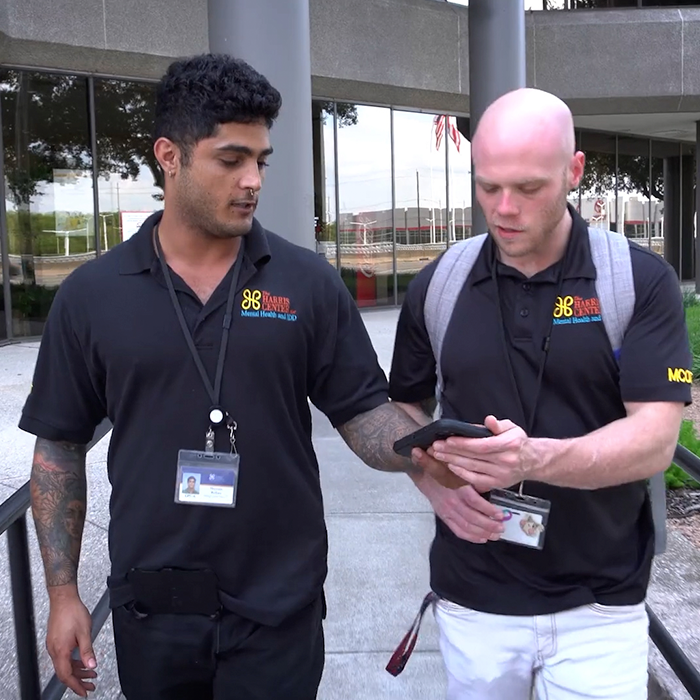
The Mobile Crisis Outreach Team Rapid Response (MCOT RR) serves as an additional option for dispatch and first-line response for all callers to 911 and Houston Police Department (HPD) non-emergency line that are non-imminent and non-criminal. Services are designed to reach individuals at their place of residence, schools, and/or other community-based, safe locations. Services are available to all adults, children, and adolescents who are experiencing a behavioral health crisis. Individuals presenting with an imminent risk of harm to themselves or others will require a more intensive crisis response intervention approach, such as MCOT or other collaborations with law enforcement.
MCOT RR operates in collaboration with the Houston Police Department and The Harris Center Crisis Call Diversion (CCD).
Services:
- One-time, crisis response and intervention services with brief follow-up activities if needed
- Will refer/transition to MCOT or other outpatient services if ongoing follow-up is needed
- Collaborates with first responders and CIRT when needed
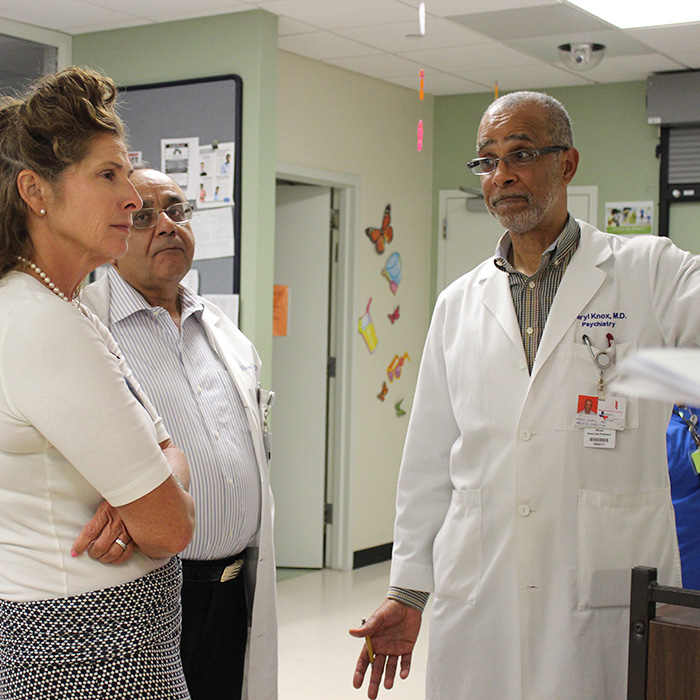
The Psychiatric Emergency Services program is located at the NeuroPsychiatric Center (NPC) and provides psychiatric evaluations and initial treatment to individuals of all ages in psychiatric crises. PES accepts voluntary and involunary admissions; however, the individual must be in a mental health crisis. The unit is staffed 24 hours/7 days a week by Psychiatrists, Psychiatric Nurses, Clinical Social Workers, Licensed Professional Counselors, Psychiatric Technicians, and Behavioral Health PEER Specialists. Depending on the evaluation results, those we serve may be referred to an outpatient provider, admitted to the extended observation unit, transferred to an inpatient facility, or another alternative program.
Services:
- Assessment, medication, and stabilization services
- Assist with transfer/coordination to a higher level of care, if recommended
- Extended observation to assist with resolving the crisis and providing stabilization
- Provide referrals and linkages with continued behavioral health treatment for both inpatient and outpatient services
Testimonial:
The patient came into NPC after being discharged from a substance abuse facility due to a disagreement with the staff. He had 45 days of sobriety. The patient reported that he came into PES to get help to prevent relapse and avoid returning to the streets. The patient was reportedly frustrated and feeling defeated. He was seen in PES and sent to Crisis Stabilization Unit, where he was assisted with getting into a program. He felt a spiritual program would be the best fit for him. Staff and Peers worked with the patient to secure treatment with Open Door Mission. Peers reports he has returned to get medications until his appointment with the provider in the clinic and has remained sober.
